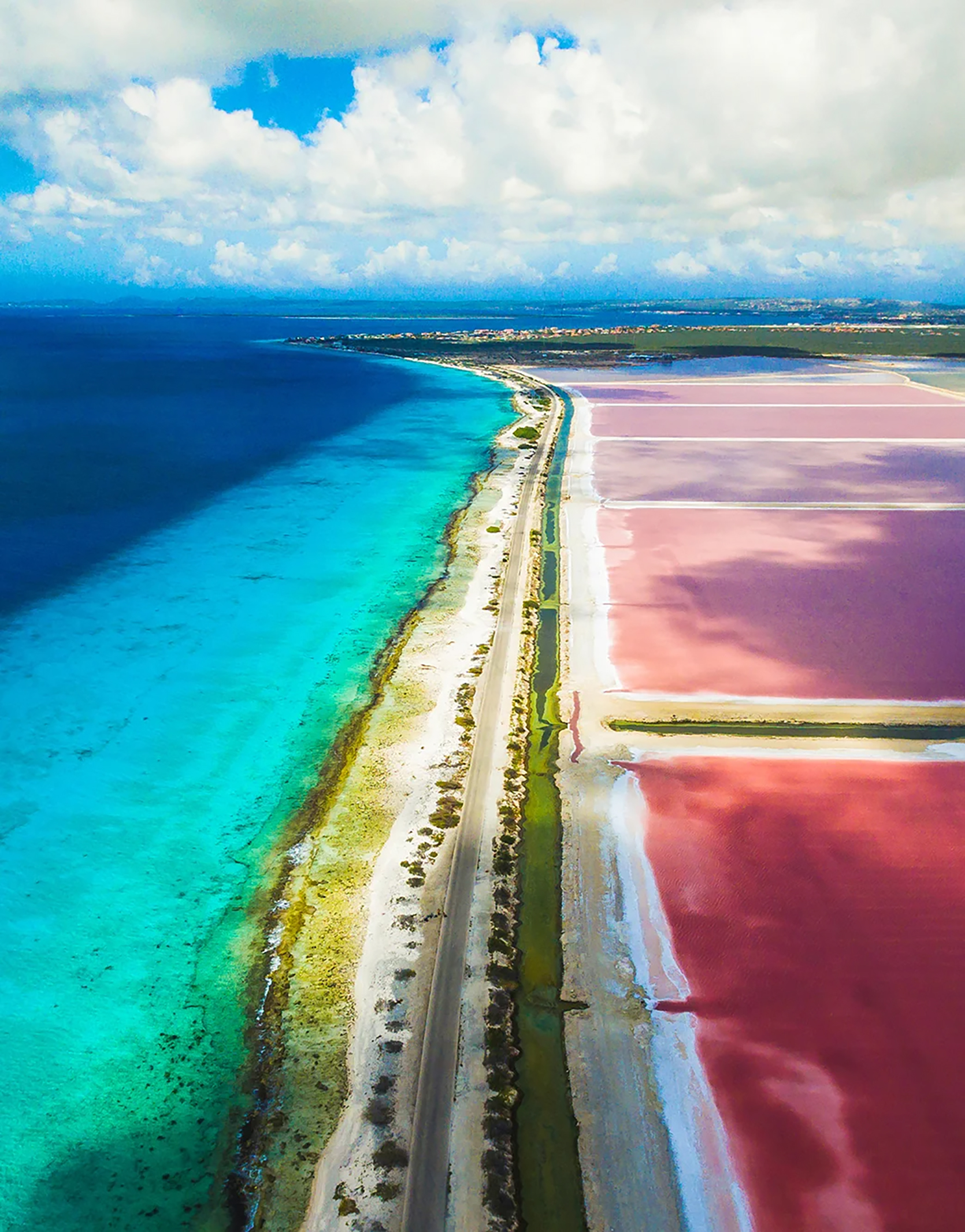Stay as a tourist
Citizens of the Kingdom of the Netherlands or the United States are allowed to stay on Bonaire for 6 months as a tourist (and are allowed to enjoy the island and even allowed to work for 3 months). Citizens from other countries are allowed to stay as a tourist for three months (and are also not allowed to work). It should be noted that for certain nationalities a visa is required in order to be admitted to Bonaire for a short stay as a tourist. It is hereby important to note that Bonaire does accept some foreign visa, e.g. the Schengen Visa. If someone wants to work or stay on Bonaire for a longer period of time, immigration law requirements apply.
Immigration laws on Bonaire
The immigration legislation of Bonaire is based on legislation of the former Netherlands Antilles. However, the former regulations have been amended and supplemented with additional stipulations and supporting legislation.
The most important laws and regulations with regard to immigration on the BES islands are the Admission and Expulsion Act BES (Wet toelating en Uitzetting BES, “WTU-BES”), the Admission and Expulsion Decree BES (Besluit toelating en Uitzetting BES, “BTU-BES”) and the Foreign Nationals Employment Act BES (Wet Arbeid Vreemdelingen BES, “WAV-BES”).
In short, the WTU-BES provides for rules regarding admission to the BES islands, regulating immigration, the BTU-BES further specifies the WTU-BES and the WAV-BES provides for rules regarding work permits, regulating employment.
Residence permit
Admission to Bonaire may be based on (i) admission by law (toelating van rechtswege), (ii) a (temporary) residence permit, and (iii) stay as a tourist (‘short stay’). Furthermore, in case of a longer stay , foreign nationals originating from certain countries must first apply for a provisional residence permit (machtiging tot voorlopig verblijf, “MVV”).
Foreign nationals who are not eligible for admission by law must apply for a (temporary) residence and (work) permit in order to legally reside (and work) within Bonaire. Most foreign nationals have to apply for a MVV in order to be admitted for residence to Bonaire. Nationals from EU Member States, EEA (European Economic Area) Member States, Australia, Canada, Japan, Monaco, New Zealand, Vatican City, the United States, South Korea and Switzerland are exempted. An MVV is required before an application for a (temporary) residence permit can be filed. An application for a MVV can be filed at the Netherlands Embassy or consulate in the applicant’s country of origin or residence or on the island the applicant intends to immigrate to. Please note that an MVV should be awaited abroad. The immigrant can thus apply on the island, but not stay on the island while the application is processing, not even as a tourist. When applying for a MVV, the authorities will assess whether the applicant is able to fulfill all requirements for a (temporary) residence permit. The Ministry of Justice has to decide on an application within three months after receipt of the application. This term can be extended with another three months maximum.
After the MVV has been approved by the Minister of Justice the foreign national additionally needs to apply for a long-stay Caribbean visa at the Netherlands Embassy or consulate in the applicant’s country of origin of residence. This visa is usually processed within two weeks. After arriving on the Bonaire the foreign national must apply for a residence permit with the local immigration authorities within three (3) days.
A temporary residence permit is usually granted for one year, but legally can be granted for a maximum period of five years and is subject to restrictions pertaining to the purpose of the temporary residence. A residence permit for an indefinite period of time is granted without any restrictions or conditions and is only granted when the applicant holds a temporary residence permit for a continuous period of five years directly preceding the date of application of a residence permit for an indefinite period. Please note that any gap between permit, even as little as a day, will result in denial of the application for a residence permit for an indefinite period. The Minister of Justice has to decide on an application for a (temporary) residence permit within six months after receipt of the application. This term can be extended with another three months. Under the regime of the WTU-BES, having sufficient means of support, is a prerequisite for obtaining a residence permit. The means should be sufficient for both the immigrants themselves and their dependent family member(s) (e.g. partner and children). A (temporary) residence permit may be rejected for reasons, which concern the public order or the public interest (economic reasons included) or on the grounds of the applicant’s lack of sufficient means to support himself. The (temporary) residence permit stipulates whether the foreign national is allowed to perform work and whether a work permit is required pursuant to the WAV-BES (see below).
Work permit
US citizens, Dutch citizens and the life partner of Dutch citizens do not require a work permit to work on the BES islands. Every other immigrant who wishes to work on the BES islands does require a work permit (tewerkstellingsvergunning), pursuant to the WAV-BES. The future employer of the foreign national will have to submit the application to obtain such permit.
Conclusion
As a tourist, it is possible to enjoy Bonaire without much requirements, although it be noted that the timeframe of your stay is maximized and it is not allowed to work as a tourist, unless you are Dutch or American.When requesting a prolongued stay or wanting to work (longer), permits and requirements apply that differ depending on the nationality of the individual submitting such request.

